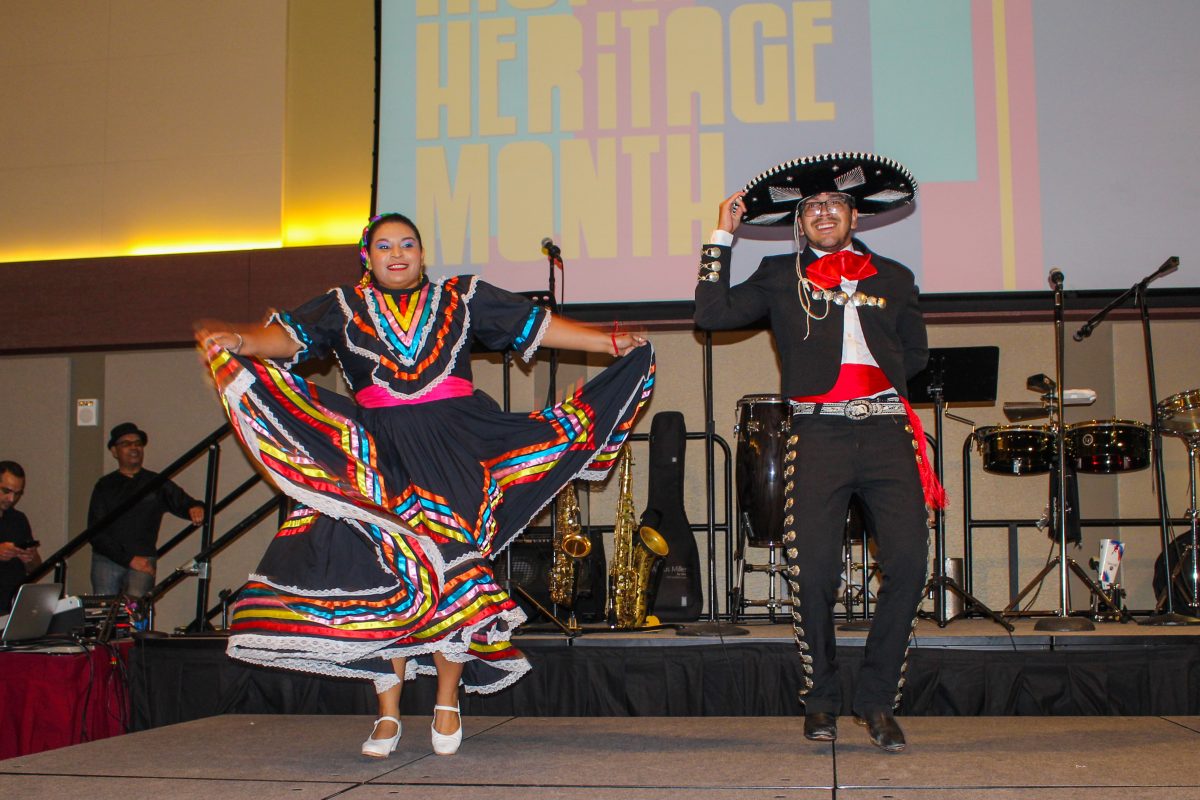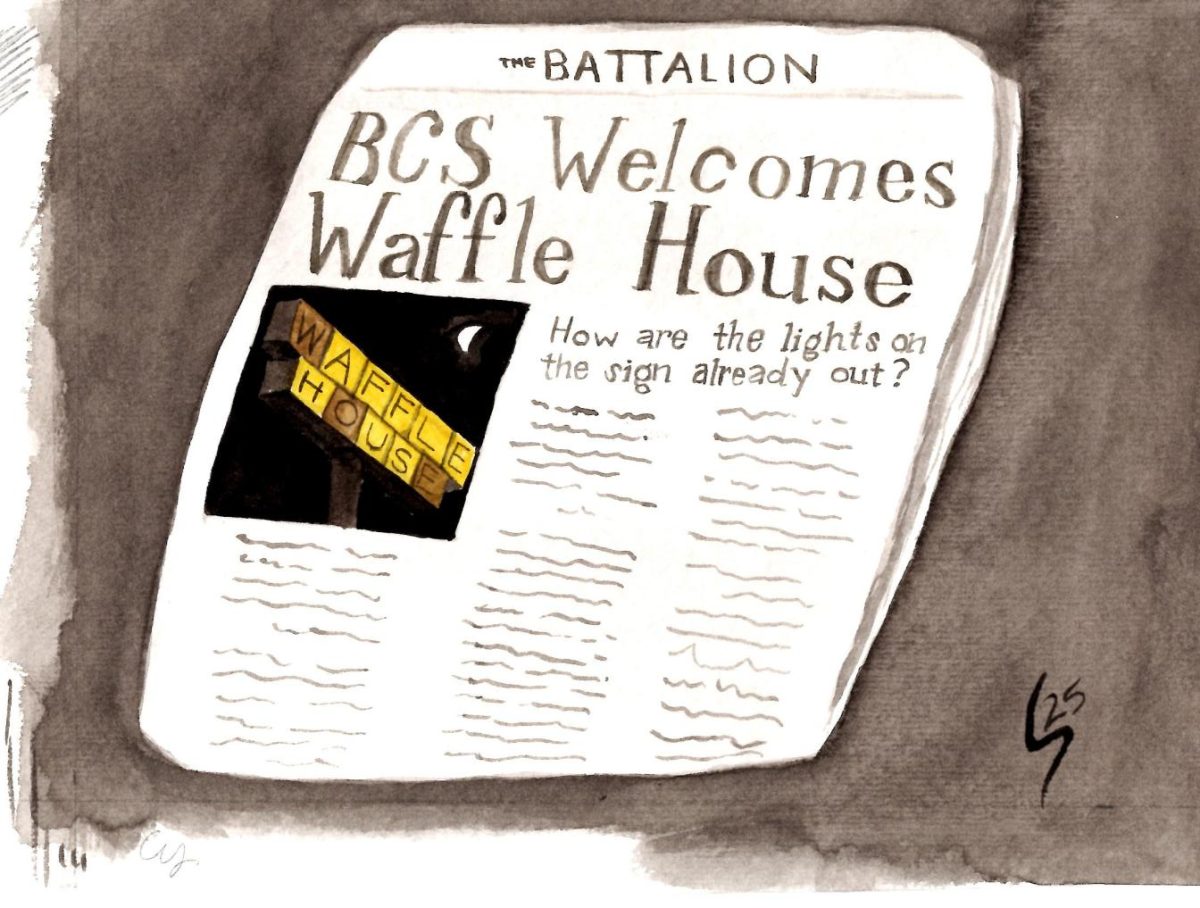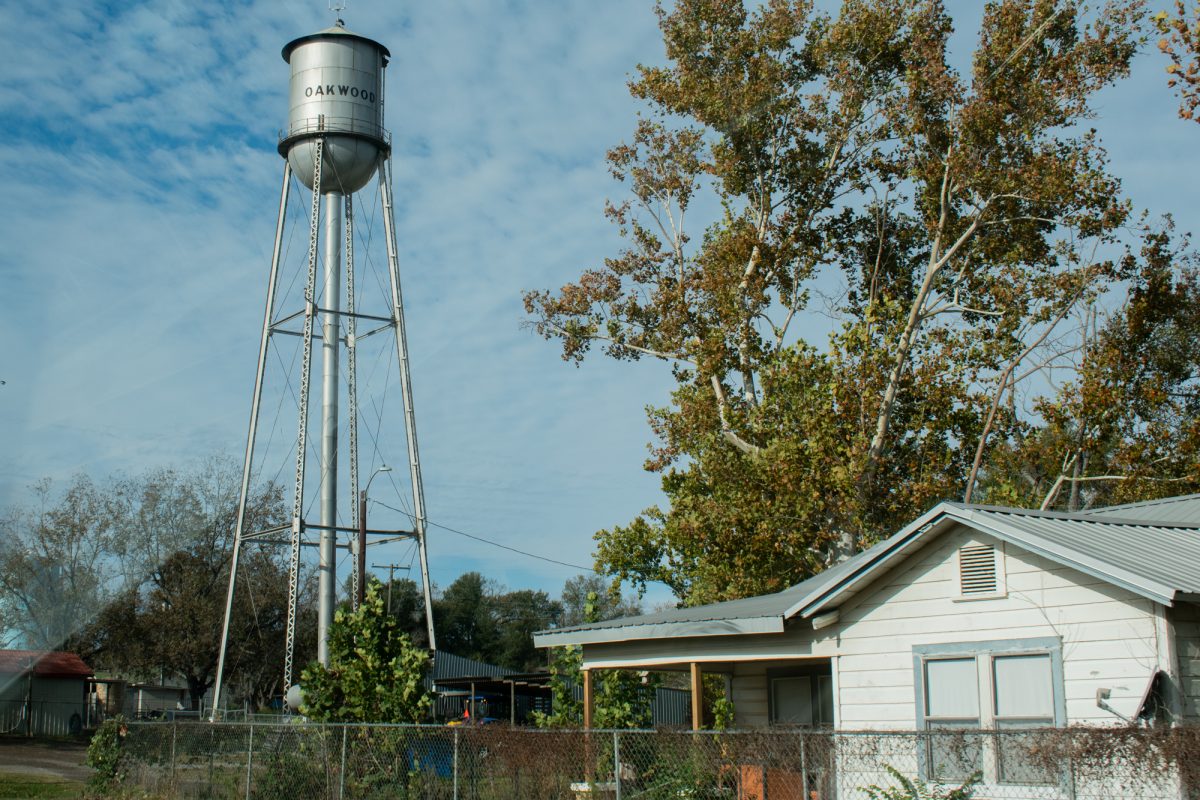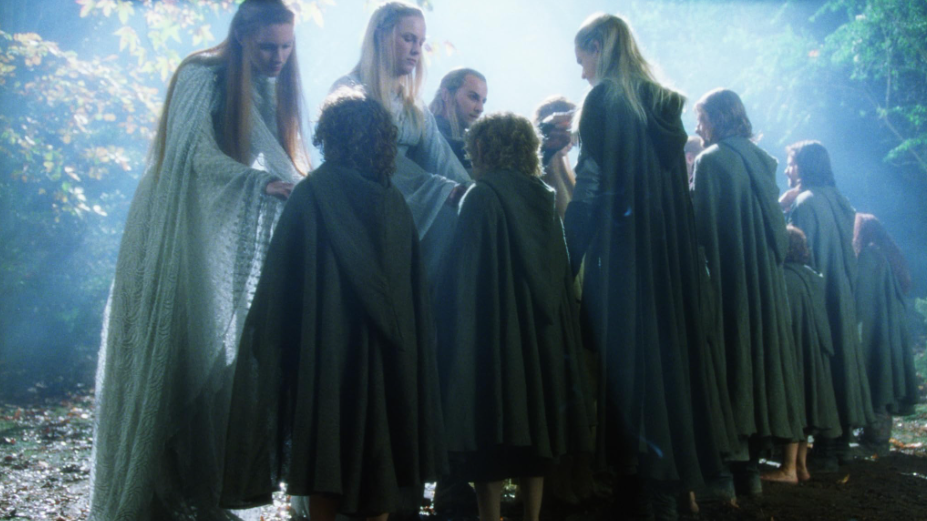Hispanic Heritage Month is a national celebration from Sept. 15 to Oct. 15 of Hispanic people and their contributions to this country through art and culture. It is an excellent opportunity to learn about the many cultures, people and traditions that are part of the Hispanic community. Hispanic Heritage Month is an especially important time to make the Hispanic community’s proactivity in the shaping of this nation visible to the rest of society. Hispanic people were not on the sidelines while this country was evolving. Instead, they actively worked to continue building this nation.
To understand the importance of Hispanic Heritage Month, we must begin with some historical background. The appreciation of the Hispanic community did not kick off with a big start. In 1968, it began as a week-long celebration. It wasn’t until 1988, under Ronald Reagan’s presidency, that Hispanic Heritage Week was changed to Hispanic Heritage Month under the law. The historical reasoning behind commencing Hispanic Heritage Month on Sept. 15 is that El Salvador, Honduras, Costa Rica, Nicaragua and Guatemala celebrate their independence anniversaries on that day. Another incentive to commence the festival during this time was that other Latin American countries celebrated the anniversary of their independence during this time period.
So, what does it mean to be a Hispanic? I am aware that to many people, it may not be clear on who exactly people are celebrating being celebrated during Hispanic Heritage Month. Latinx and Hispanic are often used interchangeably to refer to someone born in Latin America, or with roots there, is being described. It is important to differentiate between these two labels as they do not mean the same thing. Most accept the broad definition that a Hispanic person is a person of Latin American descent that is related through ancestry, speech, or culture to Spain. The question of what it means to be Hispanic is not that simple to answer for many Hispanic people, though.
Being Hispanic has different connotations to different people in the community. Therefore responses tend to vary. To some, the question of whether a person is Hispanic or not heavily relies on the place they are born and their ancestry. To others, it is about language. Latinx’s definition, on the other hand, depends on the person being born in a Latin American country. To complicate things more, a person can be both Hispanic and Latinx, or just Latinx and not Hispanic, or Hispanic and not Latinx. To help understand these two terms let’s give a few examples. People would consider Mexicans Hispanic and Latinx because they are born in Latin America and also speak the Spanish language. Brazilians, on the other hand, would only be considered Latinx, and not Hispanic, because they are from Latin America but do not speak Spanish.
The value in celebrating Hispanic Heritage Month is that by raising awareness on the history and imprint of the Hispanic community in the United States, Hispanics become visible in American society. Often, marginalized communities battle against the larger society in order to be noticed and appreciated. By not acknowledging a community’s existence and impact, ignorance, biases and stereotypes are left unchecked. A concerning issue to me during Hispanic Heritage Month is that people often categorize Hispanics as a monolithic ethnic group that share cultural characteristics along with the whole board. There is a significant error with this because Mexicans and Costa Ricans, for example, although Hispanic, have their own individual cultures, ethnicities and traditions. People must note that these misconceptions are often based off racist sentiments that could be intentional or implicit biases. This misunderstanding is why Hispanic Heritage Month is so important to this nation. It is a time when people can stop and think about the Hispanic community and what it means to be Hispanic. Being Hispanic does not make all Hispanics live the same experience or culture. To me, 1968 marks a monumental time in history for Hispanics in the United States because it is not only an appreciation of Hispanic contributions to this nation, but an acknowledgement that people see Hispanics.
One can apply the significance of visibility to many other marginalized communities. By having holidays that commend a group’s contribution to the United States, people give these communities the opportunity to teach others about themselves and their history in the United States. In a nation where the education system often fails to teach students about people of color, the LQBTQ+ community, women and other marginalized groups, these celebrations are critical to disseminate knowledge. Moreover, they destroy stereotypes that surround these communities. The Hispanic population, like many other marginalized and often forgotten communities, are people with culture, intelligence, art, ideas and aspirations that have offered and given a lot to this nation and deserve to be applauded.
Hispanic Heritage Month and visibility
September 17, 2019
Photo by Provided
Hispanic Heritage Month gives the students of Texas A&M a chance to learn the contributions Hispanic culture has brought the U.S.
0
Donate to The Battalion
$70
$2500
Contributed
Our Goal
Your donation will support the student journalists of Texas A&M University - College Station. Your contribution will allow us to purchase equipment and cover our annual website hosting costs, in addition to paying freelance staffers for their work, travel costs for coverage and more!










